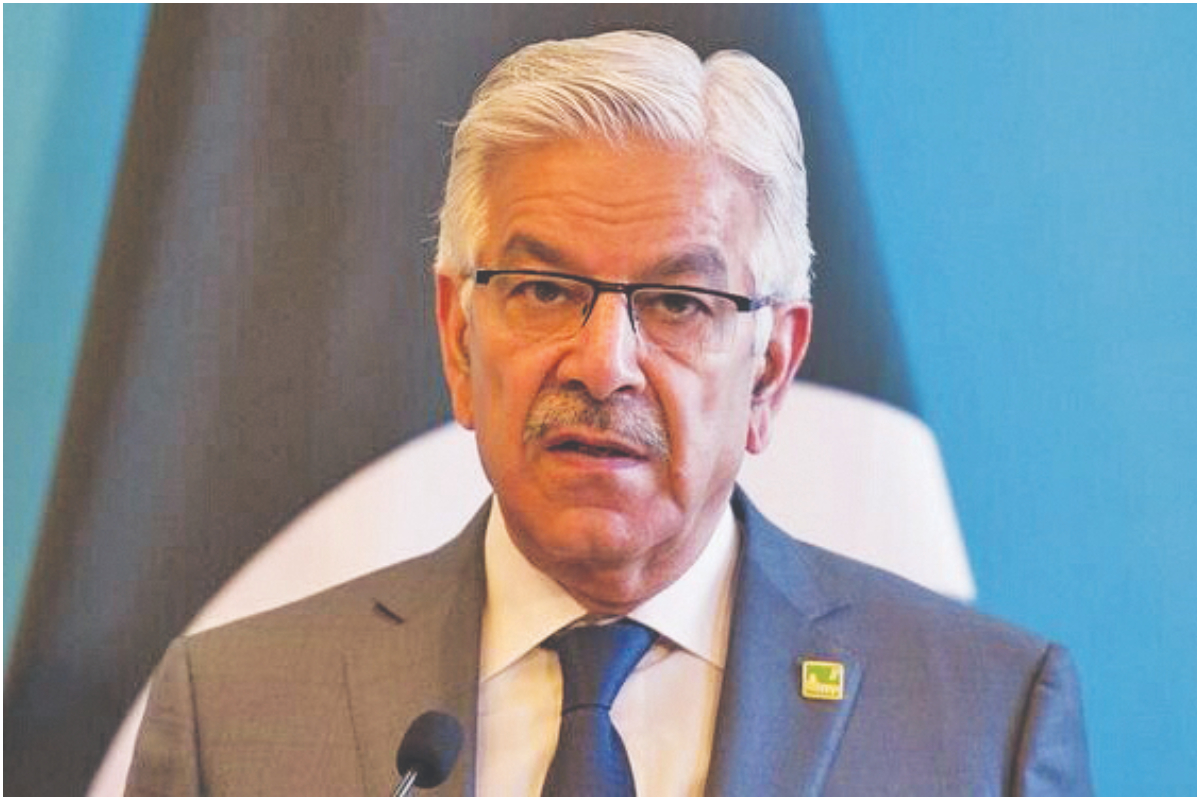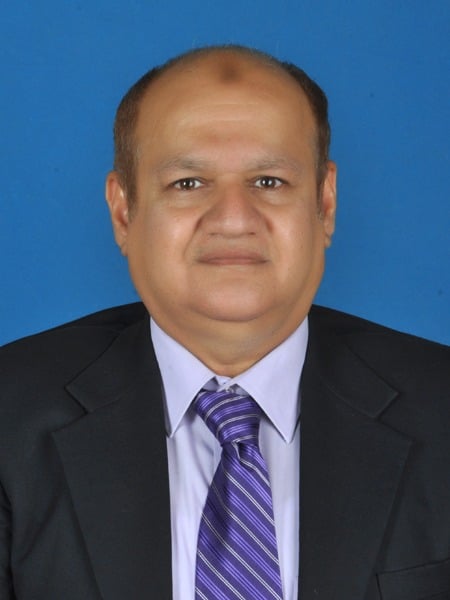
Leading Nowhere
Govt’s roadmap to revive economy termed impractical
ISLAMABAD: The coalition government led by the Pakistan Muslim League (PML-N) has presented an impractical roadmap for economic revival of the country in the National Security Council (NSC) meeting held recently, analysts said.
In its failure to realise the gravity of the situation, the government presented the roadmap with insufficient measures to overcome the prevailing economic crisis, they added.
However, besides Prime Minister Shehbaz Sharif and other government ministers, the services chiefs and top intelligence officials also endorsed the roadmap.
The NSC meeting agreed on several measures to halt the economic downslide, including imports rationalisation and preventing illegal currency outflows, especially through hawala business. It also approved plans to improve the agricultural and manufacturing sector outputs to ensure food security, imports substitution and employment.
It was resolved that the people-centric economic policies with trickle down effects will remain the government’s top priority.
The meeting decided to engage all the stakeholders in developing a national consensus on effective and fast-track economic recovery.
On the occasion, Finance Minister Ishaq Dar highlighted the importance of exploring other financial avenues based on the mutual interests, as well as relief measures for the common man.
Defence Minister Khawaja Asif said that in the present circumstances, the government cannot afford to discontinue the International Monetary Fund (IMF) programme because of little fiscal space and, that is why, it will continue at all costs.
Even the friendly countries, which want to help in this difficult time, wanted the Pakistan government to implement the IMF conditions; therefore, there is no reason for the country to default, as the multilateral and bilateral donors will provide the financial assistance.
The government is well aware of the problems and difficulties the common man, especially the middle and lower middle classes are confronted with, he said, adding that the government will divert much of its financial burden on affluent and privileged class to provide some relief to the low income groups of the society.
In its meeting after the NSC, the Federal Cabinet decided to implement ‘bold’ measures such as the closure of markets at 8:30pm and wedding halls at 10:00pm, the use of efficient electronic appliances and a 40 per cent reduction in the power consumption in government offices.
The meeting vowed to enforce these decisions under a National Energy Conservation Plan, introducing certain measures to ensure judicious utilisation of national resources.
The government had already approved a comprehensive National Emergency Plan to save hundreds of billions of rupees. The approval to the conservation plan has been accorded in line with the advice of the Power Division. It will come into force at once across the country. Through this plan, the restaurants, hotels and markets would be closed down by 8:30pm and marriage halls by 10:00pm. According to the plan, there will be saving of around Rs62 billion.
Under this plan, additional duties would also be imposed on inefficient electric fans, whose production would be halted from July 1, 2023. The use of energy-efficient fans, which were easily available in the market, would help save Rs15 billion annually, as they consumed around 40 to 60 watts, compared with the old ones consuming around 120 to 130 watts. There would be a saving of approximately Rs23 billion annually with the use of light-emitting diode (LED) bulbs.
Meanwhile, the government is in negotiations with the motorcycle manufacturing companies for the production of electric bikes. The motorcycles that run on petrol will slowly be phased out.
E-bikes were already being imported and negotiations have been going on with the motorcycle companies for the modification of the existing ones, which will help the country save around Rs86 billion.
However, after the announcement, the Punjab and Khyber-Pakhtunkhwa governments rejected the decision and termed it highly impractical. They claimed that the government did not take them onboard on the decision.
Special Assistant for Information to Khyber-Pakhtunkhwa chief minister Barrister Muhammad Ali Saif said that the business community was already facing a lot of economic difficulties due to recession, so it is unfair to ask them to reduce working hours.
Punjab Senior Minister Mian Aslam Iqbal said that the provincial government will formulate its own energy conservation policy after consulting with all the stakeholders, including traders. The Punjab government will not implement the conservation policy, as it was announced in haste.
“We will meet with all the stakeholders… a meeting will be held with the representatives of the chamber of commerce and shopkeepers of Punjab,” he added.
For him, the economic condition of the country is deteriorating, while the federal government is taking revenge for its failure from the people.
Even the government’s allies and major political force in Sindh, Muttahida Qaumi Movement (MQM) has termed the decision impractical and unrealistic.
Ali Salman, executive director of the Policy Research Institute of Market Economy (PRIME), said that though there is no doubt that the present government came into power in difficult times, its decisions have backfired, which further aggravated the economic crisis.
According to Ali, the government’s energy conservation policy is also likely to backfire because it will disturb the working of the businessmen.
“The government, instead of addressing the inefficiencies in the power sector, is trying to impose restrictions on the people who were already bearing the brunt of wrong economic policies of the previous and present governments,” he lamented.
“Former finance minister Miftah Ismail’s decision to impose a ban on the imports created panic in the industry because contrary to the common perception, 90 per cent of our imports are non-luxury,” he added.
“Whether it is pharmaceutical, steel, poultry, auto or even the textiles, all the sectors are badly affected by the import curtailment,” he said.
“I don’t know whom the government will tax when all the businesses are down?” He asked.
Regarding the exchange rate volatility, he said, Dar, instead of rectifying the mistakes of Ismail, further complicated the situation by managing the exchange rate and start giving the statement on the value of the dollar.
“At present, three to four rates of dollar are prevailing in the market and no one knows, which the real one is. There is interbank and open market rates, then if you contact banks, they will quote totally different exchange rate and lastly there is a black market, so which is the real rate no one knows,” he added.
He also criticised the Pakistan Tehreek-e-Insaf (PTI) for giving irresponsible statements on the economy.
“Former prime minister Imran Khan and other party leaders have every right to criticise the government but they should refrain themselves from spreading the narrative that the country is going to default,” Ali said.
This default narrative will further shatter the confidence of the investors, he said. Another worrisome factor is the recent wave of terror, which will further hamper the future investments in the country, even if the government overcome the balance of payments crisis, he concluded.
Catch all the Economic Pulse News, Breaking News Event and Latest News Updates on The BOL News
Download The BOL News App to get the Daily News Update & Live News.








 Read the complete story text.
Read the complete story text. Listen to audio of the story.
Listen to audio of the story.